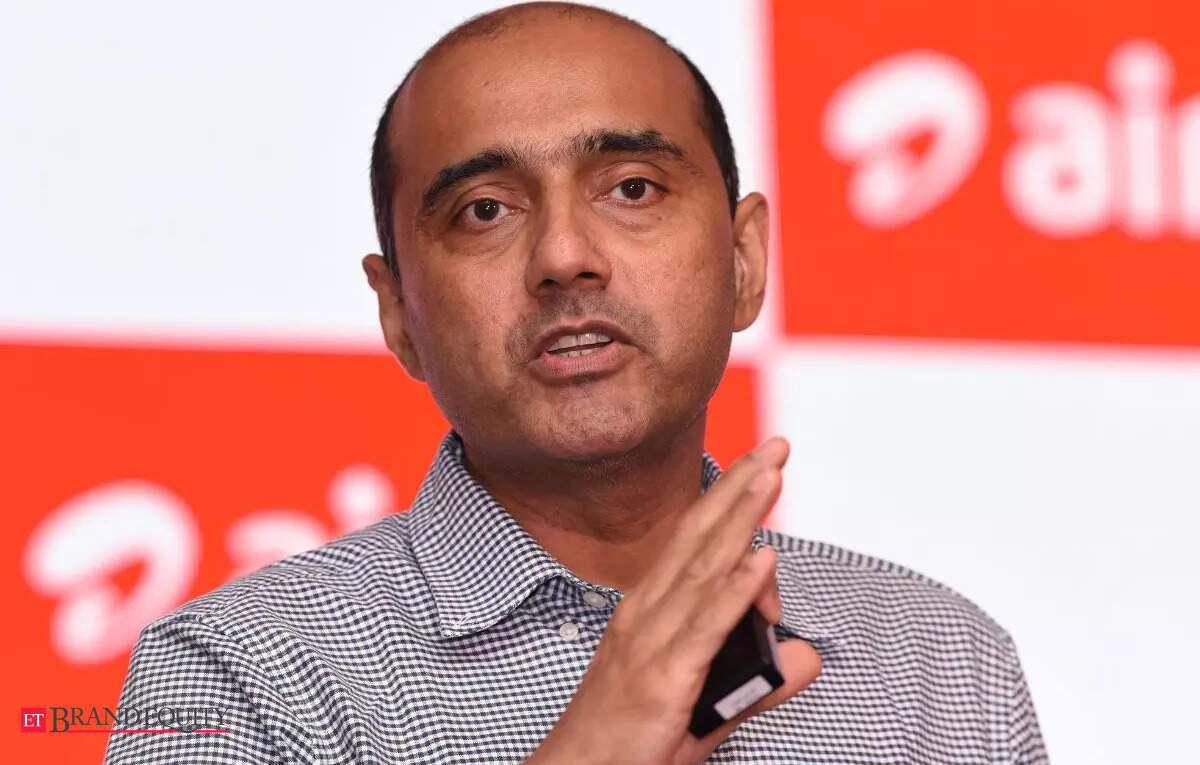SC rejects Bharti Airtel, Vodafone Idea pleas seeking waiver on AGR dues, ET Telecom
“Three multinational companies have come before this court by way of writ petition. We believe these are misconceived writ petitions. Dismissed," the Supreme Court said.
However, a bench of Justices J.B. Pardiwala and R. Mahadevan clarified: “if the government wants to help you (the petitioners), we are not coming in your way."
The government now has the necessary legal bandwidth to offer telcos some more AGR - related relief, if it wants to.

While debt-laden Vi sought a waiver of more than Rs 45,000 crore in AGR dues to ensure its “survival,” Bharti Airtel and its unit, Bharti Hexacom, wanted waiver of Rs 34,745 crore on an “equitable basis.”After the decision, shares of Vi ended down 8.7% to Rs 6.73 on the BSE, while Airtel ended up 0.2% to Rs 1,817.40. Tata Teleservices was down 0.5% at Rs 60.35.Clarifying that they are not challenging the Supreme Court ruling but only seeking a waiver of the burden of interest, penalty, as well as interest on penalty, the Bharti companies said the September 1, 2020, judgement (on AGR) has “caused a crippling financial impact across the telecom sector.”
Recognising the government's efforts to give several concessions and packages to the telecom companies, including Vi, following the AGR verdict, the two companies had asked the top court to further direct the Centre to “act fairly and on a non-discriminatory basis,” and not insist for payment of interest, penalty and interest on penalty on AGR dues.
The government had already earlier provided substantial relief to Vi by converting its dues into equity, said the joint petition by the Bharti firms.“Therefore, to ensure a level playing field, the relief sought by way of the present petition, and that prayed for by Vi in a similar petition, must be granted on a non-discriminatory basis to all affected TSPs/licence holders equally, who were parties to the SC’s September 2020 judgement.”
While Airtel and Bharti Hexacom have to pay a principal amount of Rs 9,235 crore toward AGR dues, interest of Rs 21,850 crore, penalty and interest on penalty of Rs 3,995 crore and Rs 8,900 crore, respectively, are also payable.
“Due to the enormous AGR liability and no bank funding, Vodafone’s (Idea’s) very survival is at risk. Any disruption in services will have a direct and far-reaching bearing on approximately 200 million subscribers,” Vi said in its plea.
In addition to the principal amount of Rs 12,797 crore in AGR dues, Vi is liable to pay an interest of Rs 28,294 crore, penalty of Rs 6,012 crore, and interest on penalty of Rs 11,151 crore, the company said in its petition.
The Vi petition further stated that the government has “a vital stake in the survival of the company.” Even after converting some of its dues into almost 49% equity, the government still has dues of approximately Rs 1.19 lakh crore toward spectrum fee, in addition to AGR dues, to be recovered from Vodafone, it pointed out.
Soon after the government recently converted Vi’s spectrum dues of over Rs 39,000 crore into equity, Airtel had also written to the telecom department, asking if it had the option to convert its Rs 41,000-crore AGR dues into equity. The government has not yet responded to that request.
Upholding DoT’s calculations on quantum of AGR demand, the apex court in February had rejected a batch of review petitions by telecom operators seeking “rectification” of arithmetical errors or inadvertent additions.
The Supreme Court on September 19 last year dismissed a batch of curative petitions filed by telcos against imposition of penalty and interest on penalty, as well as a correction in what the affected carriers claimed were arithmetical errors in DoT’s calculations.
Of the total Rs 1.47 lakh crore of AGR dues — which telecom operators were required to pay by January 2020 as a result of the apex court’s order — nearly 75% comprised interest, penalty and interest on penalty, the companies said. The licence fee dues totalled Rs 92,642 crore, while the spectrum usage charge was Rs 55,054 crore, according to the order of September 2020.
DoT had then estimated cash-strapped Vodafone Idea’s dues at Rs 58,300 crore, but the telco had self-assessed the dues at Rs 21,500 crore, and has so far paid Rs 7,900 crore. Bharti Airtel’s dues, as per DoT, stood at Rs 44,000 crore, compared with the operator’s own assessment of around Rs 13,000 crore. Bharti Airtel has so far paid Rs 18,000 crore, including a Rs 5,000-crore ad hoc payment.
The Supreme Court asked the companies on September 1, 2020, that they needed to pay their arrears over a 10-year period, after paying 10% of the AGR dues upfront by March 31, 2021. Thereafter, the deferred payment cycle would start from 2026 and run until 2031, with the 10% amount to be paid by March 31 every year. The apex court had then said no revaluation of AGR dues would be allowed and any default would invite interest and penalty, along with contempt of court charges.
Read More News on
Stories you might be interested in










